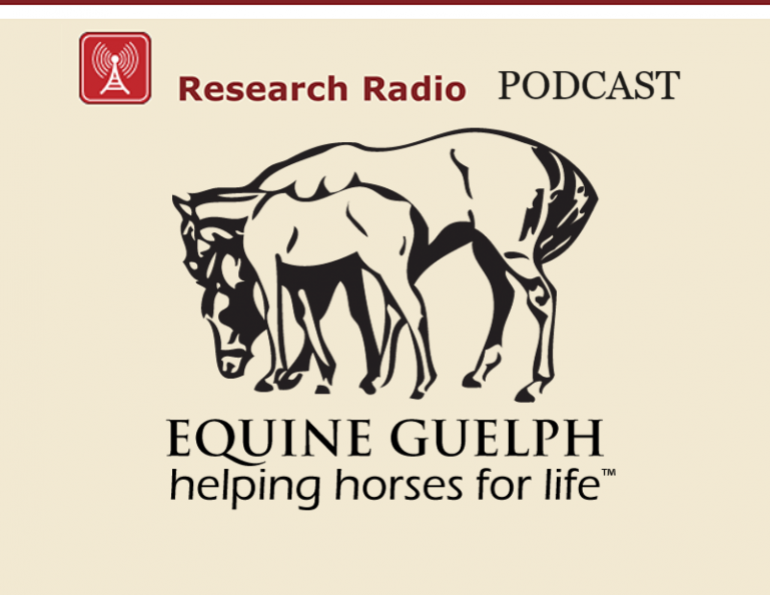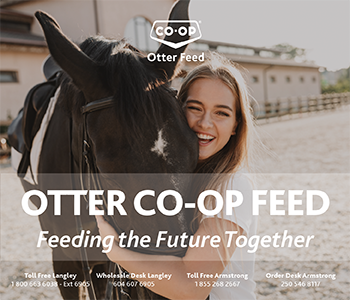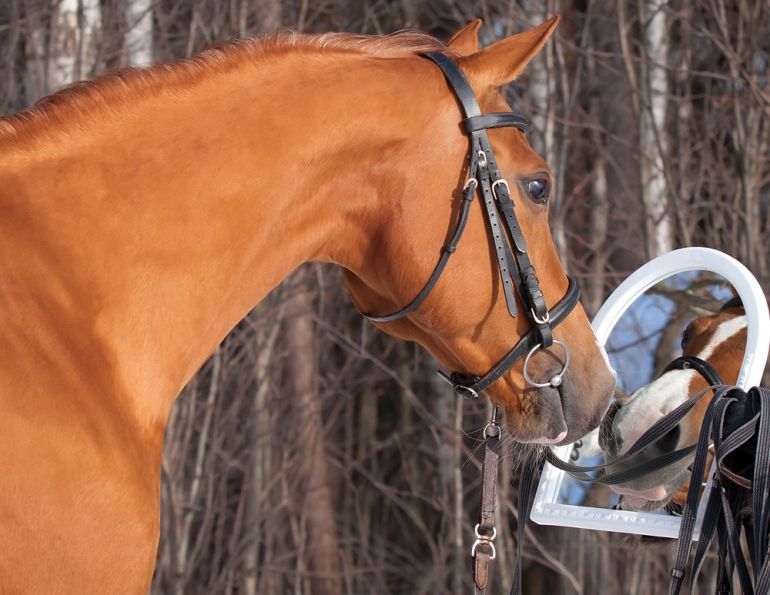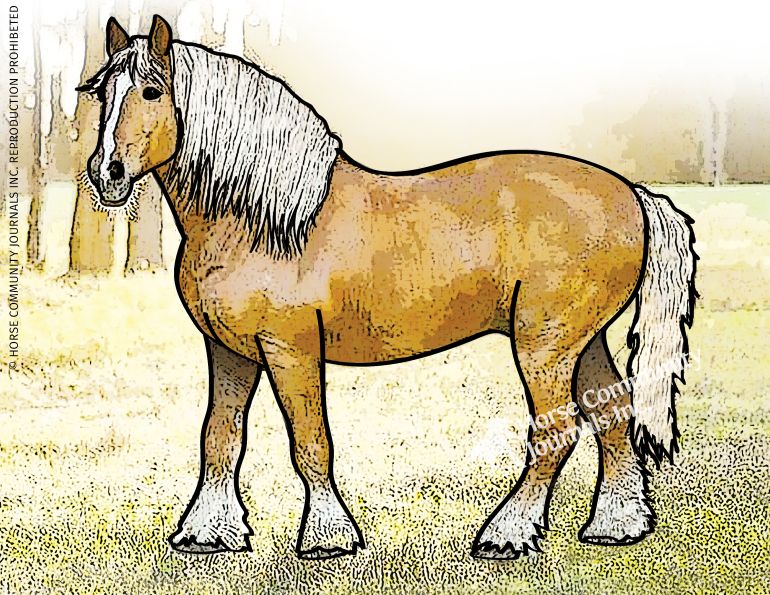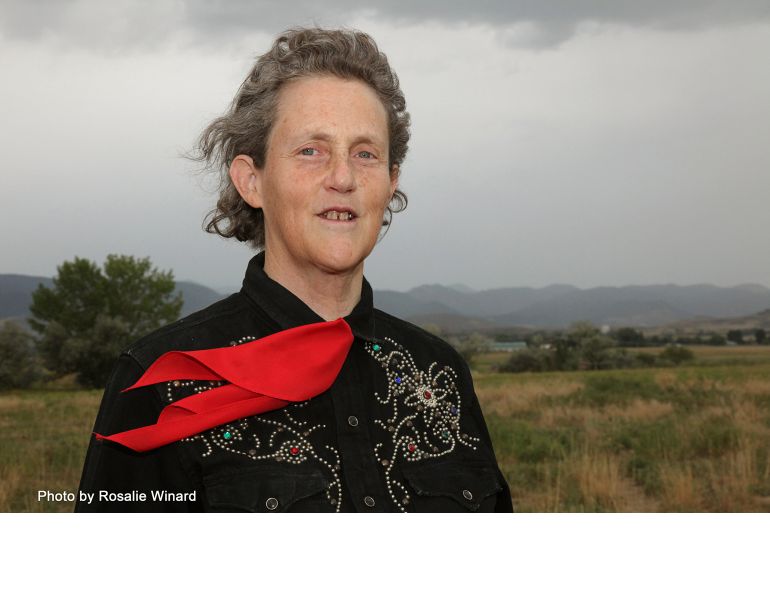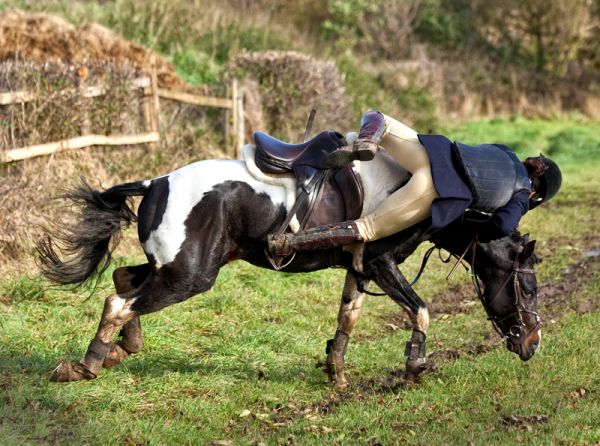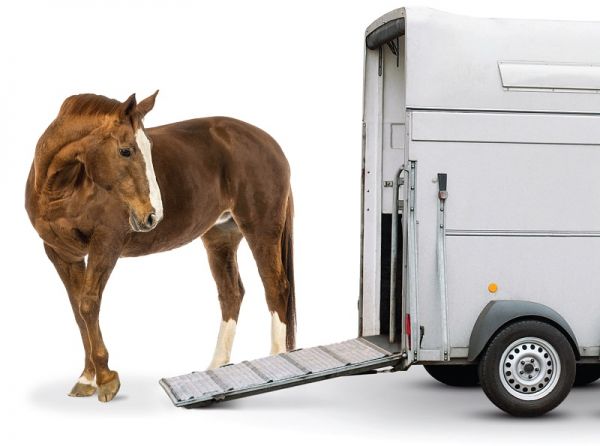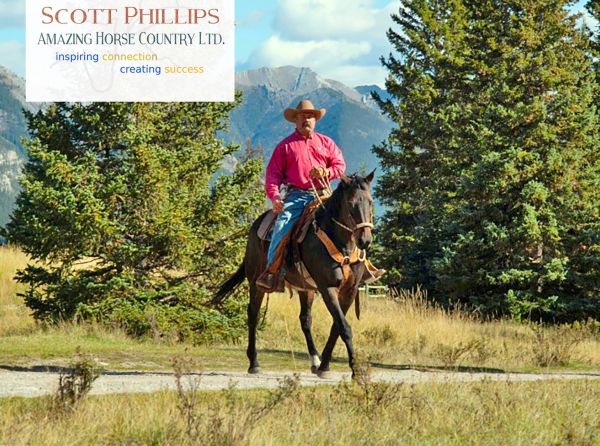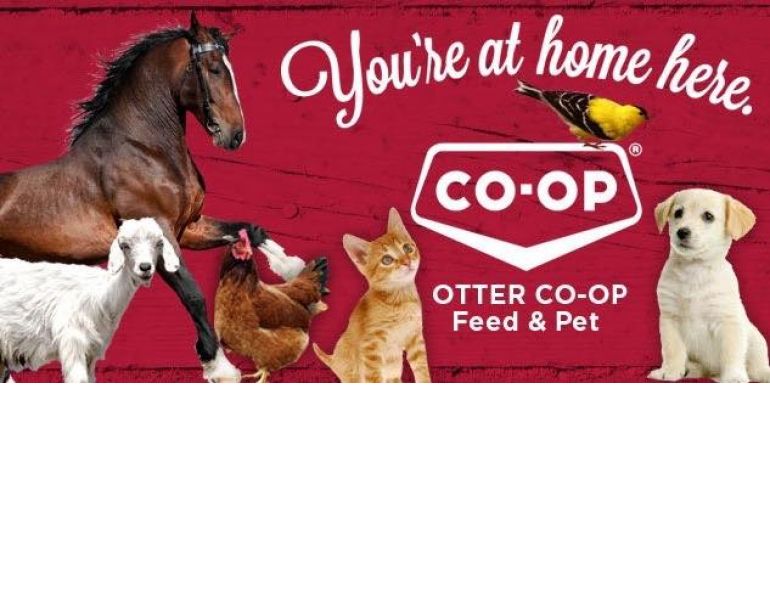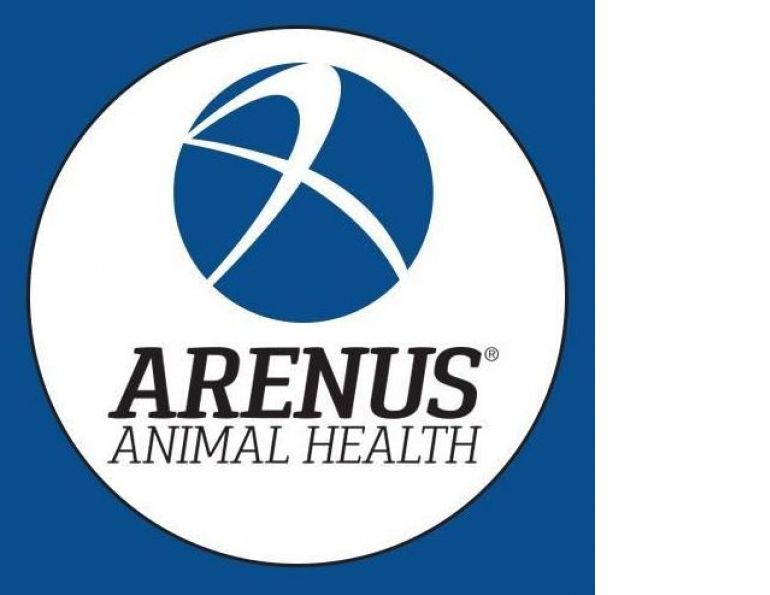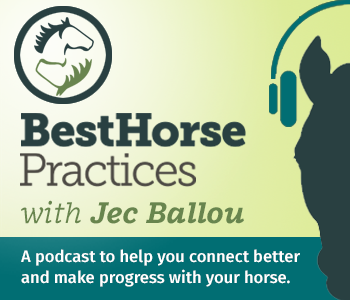By Anne Gage
How to Relieve Your New Horse’s Stress and Build Trust and Confidence
Q: I recently adopted a horse from the racetrack. She is kind, but nervous and gets really anxious when taken out of her paddock. She has had some down time at the new farm and has settled in with the herd she is turned out with. It’s more me who is the problem in not knowing how to handle a nervous kind of horse. Really want to work with this lovely girl. I am not very confident, but I do want to win the trust of this mare.
A: This is not an uncommon scenario for anyone who has adopted or rescued a horse from the race track, a rescue facility or an auction. Giving these horses time just to adjust to the new environment and routines is as important as any training you do with them. There are so many adjustments they have to make in their new lives.
Another area of concern is the horse’s diet. If the horse has come from the race track, the diet would have been high in grain, low in fiber (hay) and probably included drugs and supplements. A rescued horse may have had an inadequate diet or even been starved. In either case, their bodies need time to adjust to the new diet which should be mostly high quality grass hay. Horses coming from these types of backgrounds may also have experienced multiple owners or trainers. That is a tough life that does not engender much trust, respect or confidence in people or unfamiliar situations.
For the first few weeks (even months), simply focus on building a bond with your horse. All of your interactions with her should be centred on building mutual trust, respect and confidence between you. Having this bond will help resolve any herd separation anxiety. Imagine that you have lived a life in almost solitary confinement for years and have finally been allowed to socialize with your own kind. You would get stressed at being separated again fearing that you would be put back into isolation. By focusing on bonding with this mare through ground work - grooming, hand walking, lunging, long lining etc. - you can change this dynamic so that she feels as safe with you as she does with her herd mates.
Initially, to keep her stress level as low as possible, work with your horse where she is still close to her herd. This may be in the paddock (if it is safe) or just on the other side of the fence. Encourage her to come into a calm shape - poll level with or below her withers, bending around you and not pushing into your space with any part of her body. Keep contact on the lead rope so that you can gently rock her head downwards (don’t pull or jerk on the rope but create a massaging movement). Respect her need to move when she is stressed, but control where and how she goes. Just move her around you in a small circle (stay at her shoulder and push her around you as you pivot on the spot). When she is able to maintain this calm shape, then gradually expand the distance between your mare & her herd. If either of you get too stressed, move back to your comfort zone where you can both exhale and regain calmness. This process might take several sessions, but is well worth the time and effort in the long run.
When you adopt a former racehorse or a horse from a rescue, think of that horse as a foster child who has been passed from home to home and has never developed a trusting relationship with a human. He or she needs time to adjust to the new environment, de-stress physically and mentally, and build trust, respect and confidence in the new situation. The quality of your time with her is more important than the quantity.
Anne Gage is a Gold Level trainer certified in the Chris Irwin method of horsemanship. She teaches adult riders to confidently work with their horses, improve their riding skills and bring the joy back into their riding experience. Her training and coaching methods are based on building mutual trust & respect between horse and human. Anne coaches and trains clients out of High Point Farm near Orangeville, Ontario, Canada and also travels to other locations giving one & two day clinics, workshops and private sessions. For more information, visit her website http://www.annegage.com.
Article Source: www.EzineArticles.com
Photo: ©CanStockPhoto.com/Phbcz





